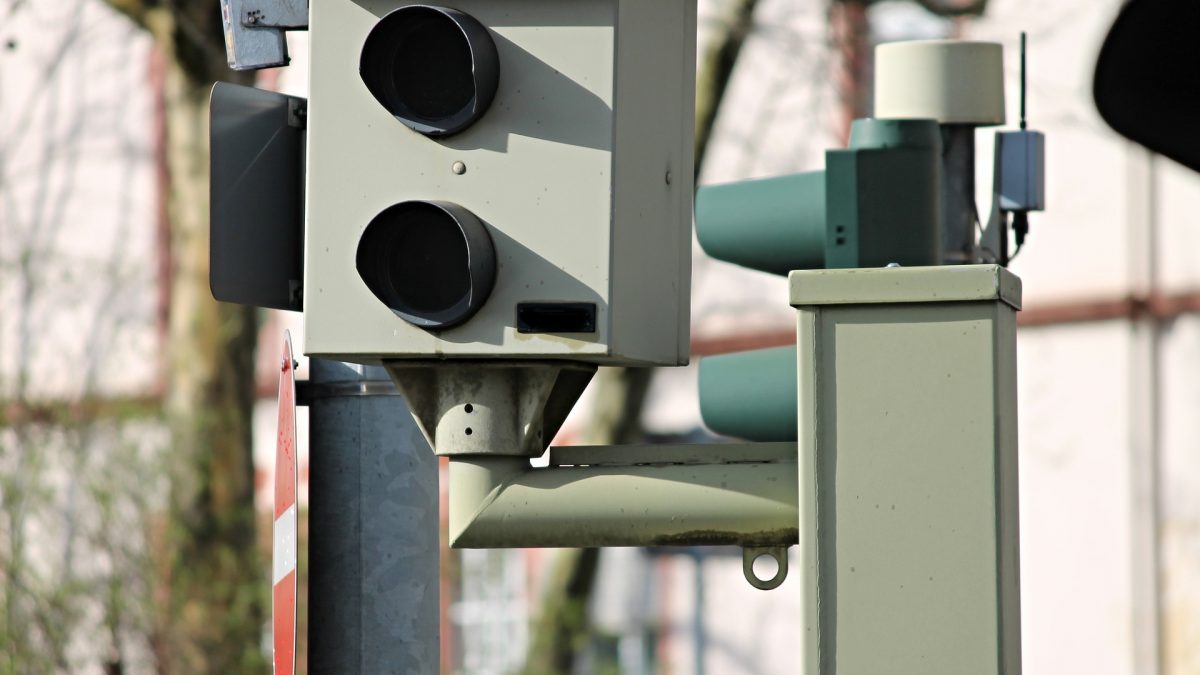
DUI Accidents: Do UK Victims Have less Right than in the USA
January 13, 2021
Damages in a Personal Injury Lawsuit
January 13, 2021Every day, thousands of motorists are stopped while driving in order to receive a traffic ticket. Getting a traffic ticket is not only inconvenient and upsetting but may result in major fines, suspension or revocation of driving privileges, and even jail time with major infractions. Also, as penalty points against your license creep up, so will your insurance premiums.
Although there may be times when you are unaware as to why you are receiving the traffic ticket, most situations are completely under your control, such as not driving while holding a cellphone in your hand or going over the speed limit.
What are the main types of traffic tickets issued?
There are four types of traffic tickets that are most commonly issued to motorists. These are for:
- Speeding
- Failure to stop
- Driving with a suspended license
- Driving without insurance
Out of these four, the one that is more responsible for filling the government’s coffers is speeding, accounting for more than 6 billion dollars a year in revenue.
What are your options to respond to a traffic ticket?
You have three possible responses to a traffic ticket in Washington D.C.:
- Pay the ticket
- Admit to the violation but with an explanation
- Contest the ticket
To find out the status of your ticket, register for D.C.’s DMV ticket alert service. By creating an account, you can receive alerts and check the situation of any pending tickets, deadlines, and penalties.
Are there different levels of traffic offenses?
Minor traffic infractions can be resolved in the Department of Motor Vehicles while criminal traffic misdemeanors and felonies will be resolved in the D.C. Superior Court.
What is the difference between an infraction, a misdemeanor, and a traffic felony?
An infraction:
- Is not considered criminal
- Can be resolved at the DMV
- Does not carry jail time
- Will show up in the person’s driving record
A misdemeanor:
- Is resolved in the D.C. Superior Court
- Carries fines of up to $1,000
- May also carry penalties of up to one year in jail
- Will show up in an individual’s criminal record
A traffic felony:
- Is resolved in the D.C. Superior Court
- Shows up in an individual’s criminal record
- If convicted, the fines will be higher
- Also, longer prison sentences
- Supervised probation depending on the circumstances
Understanding the Traffic Points System
In D.C., if a person results liable for a moving violation during an administrative hearing or fails to pay a ticket within the specified time period, points in their driving record will be assessed by the D.C. DMV. Also, any moving violation carries at least a two-point deduction to a person’s driving record if not contested.
Points are important because they impact insurance rates and, in the case of commercial drivers, may end up having consequences in their livelihood.
After someone accumulates 10 or 11 points in their driving record, their license may be suspended for 90 days. When the points are 12 or higher, a license revocation may be imminent. In these cases, it is possible to have insurance coverage denied altogether.
Riley Legal recommends that you work with a traffic lawyer in order to avoid having to deal with a misdemeanor, a traffic felony, or other criminal charges that can have severe consequences in your future. Even a speeding ticket may not be something you want to deal with on your own.





